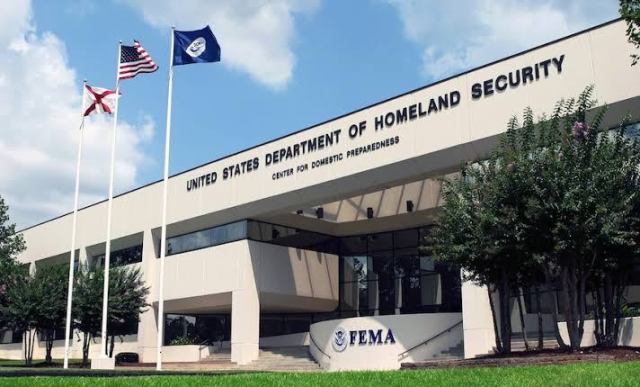
Non-essential travel restrictions at the U.S.-Mexico landborder will remain in place until at least April 21, the Department of Homeland Security (DHS) said on Friday.
The travel restrictions also apply to the U.S.-Canada border.
To prevent the further spread of coronavirus (COVID-19) and in coordination with our partners in Canada and Mexico, the U.S. is extending the restrictions on non-essential travel at our land borders through April 21, while ensuring continued flows of essential trade and travel.
Sunday will mark one year since this measure was first put in place and it has been extended every month.
Informed by science and public health guidance, we will work with our counterparts to identify an approach to easing restrictions when conditions permits.
Also, with the protection of our citizens from COVID-19 at the forefront of our minds, the DHS said on its Twitter.
Edgar Ramirez, the DHS attach at the U.S. Embassy in Mexico, said in another statement although vaccination campaigns give us hope that COVID-19 could begin to be controlled, we cannot let our guard down yet.
The Mexican government through the Ministry of Foreign Affairs also confirmed through its Twitter account what was said by its U.S. counterparts.
Mexico also will impose restrictions on all land traffic for non-essential activities on its northern and southern borders starting Friday.
This week, Foreign Minister, Marcelo Ebrard, indicated that a reopening could be considered once Mexicos border states move into the least restrictive green tier.
Until on Thursday, Sonora was the only state at the north border that had reached that level, according to Mexican health authorities.
In a recent visit to San Diego, Roberto Velasco, Mexicos Foreign Ministry officer for the North America region, said Mexico and the U.S. were working on a plan for a safe and gradual reopening of the common border.
It is something that depends on the pandemic and how it develops on both sides of the border. We hope to at least have news soon of what the route to achieving this will be.
The border will continue to stay open for essential travel, which includes U.S. citizens and lawful permanent residents, individuals traveling to attend educational institutions.
Also, for emergency response and public health purposes, lawful cross-border trade, and individuals traveling for essential work, among other reasons deemed essential, Velasco said in an interview in late February. (dpa/NAN)
Source: NAN News